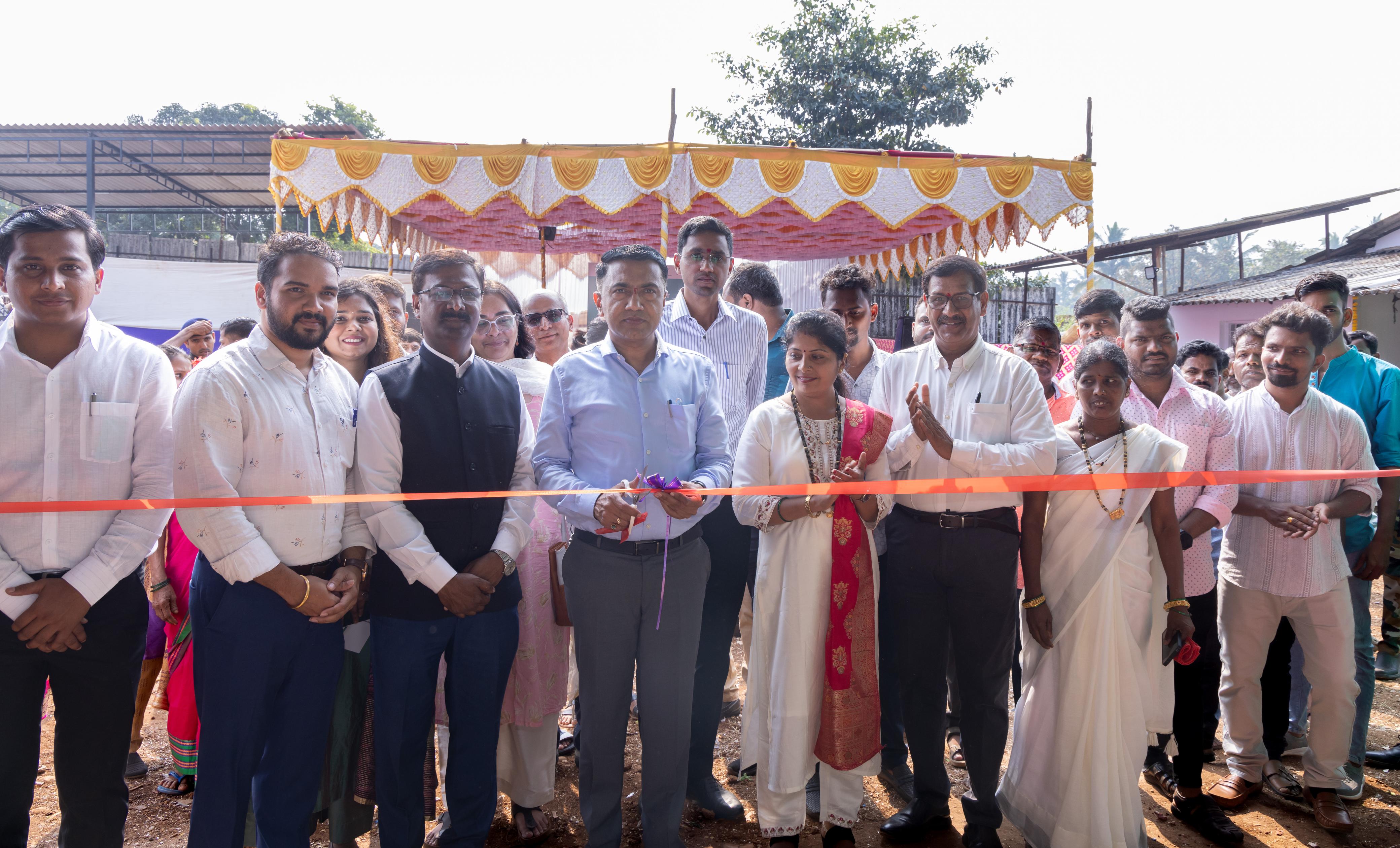Subscribe our Weekly Newsletter
Applications Invited for the Foundations of Water Resource Planning: Guidance for Establishing Water Utility Service Levels (5306)

Organization: The Water Research Foundation (WRF)
Apply By: 21 Nov 2024
Grant Amount: 175000 USD
About the Organization
The Water Research Foundation (WRF) is the leading research organization advancing the science of all water to meet the evolving needs of its subscribers and the water sector. WRF is a 501(c)(3) nonprofit, educational organization that funds, manages, and publishes research on the technology, operation, and management of drinking water, wastewater, reuse, and stormwater systems—all in pursuit of ensuring water quality and improving water services to the public.
About the Grant
Water utility service levels (service level standards, service level assumptions, levels of service, etc.) are the foundation for water resource planning and are an essential component of utilities establishing how they will fulfill their core missions and how they will serve customers. Service levels guide water system development, investment, and operational management. For example, service levels provide guidance to the utility when answering the following fundamental water planning questions:
- How much total water storage is needed to meet current and future water demands?
- How many water treatment plants and what total treatment capacity does a water utility need?
- How much daily water demand capacity should a water distribution system be designed to maintain?
- What water quality and treatment standards should a utility be planning to uphold?
- What levels of water demand and future water conservation should a utility be planning for?
- How does a water utility ensure compliance with clean water and safe drinking water regulations?
- Should all utility customers and areas be treated alike, or should certain customers/areas be prioritized due to vulnerable populations, equity considerations, or rates of asset failure?
- How does extreme weather, drought, or emergency conditions impact water service?
- How should the tradeoff between level of service and cost of infrastructure be handled?
The answers to these questions—which are determined based on utility service levels— ultimately guide the decision-making process for billions of dollars of potential future infrastructure investments. However, despite the importance of service levels for guiding the answers to these foundational planning questions, there is minimal industry guidance for how utilities should go about establishing and communicating service levels. This was reflected in the results of a survey assessing the state of utility asset management practices that was commissioned by the American Water Works Association in 2020. Although 77% of utilities reported that some levels of service (LOS) have been established—a marked improvement from the 57% reported in an initial survey in 2015—only 12% reported that the LOS are developed for each significant aspect of business and contained in a specific LOS document. Furthermore, only 13% responded that all service levels have targets and only 8% indicated that those targets are well known throughout the organization (AWWA 2015).
WRF’s project 4615 provided initial guidance on selecting LOS goals and performance metrics specifically related to evaluating alternative water supplies while incorporating the concepts of reliability, resilience, and sustainability (Paulson et al. 2018). Another WRF study (project 4727) provides guidance on defining, measuring and deploying LOS to help utilities manage natural assets and to meet strategic objectives (Raucher et al. 2020). The guidance shows alignment of the management of natural assets to the core business goals to water supply reliability, water quality, and cost management (Raucher et al. 2020). However, the lack of detailed planning guidance for establishing service levels in relation to water resource planning has resulted in utilities generally starting from scratch in their planning process and ending with minimal benchmarks by which to guide their future planning. This project is intended to provide utilities with a framework they can use to establish or enhance their own service levels to support effective water resource planning and guide decision-making processes.
Budget
Applicants may request up to $175,000 in WRF funds for this project.
Project Objectives
- Review and establish a consistent definition of service levels (service level standards, service level assumptions, levels of service, etc.), differentiate from key performance indicators, identify the appropriate uses of service levels, and recommend consistent terminology for the water sector.
- Review and document current national and international practices for the establishment of utility service levels, including the impetus and process for how they are established, and the different business functions included (e.g., water supply planning, water use planning, engineering, operations, water treatment, etc.).
- Develop a guidance framework for utilities establishing their own water resource planning service levels that aligns with organizational performance goals and objectives (considering utility size, community types served, geographic region, financial and political drivers/constraints, climate change, and social equity, etc.). Include guidance for aligning capital investment decision-making with established service levels.
- Develop guidance for engaging stakeholders during the service levels setting process and for internal and external communications to achieve better understanding and alignment of staff, the community, and service levels.
Research Approach
- This RFP is intentionally flexible in the research approach to encourage creativity and originality from proposers. Proposers should describe how they will conduct the research to meet the objectives listed above. The following approach is intended as a starting point.
- Review of literature, industry reports, and guidance documents, including those from international utilities, regulators, or water associations.
- Utility interviews regarding existing/planned/needed service levels, including utilities of various sizes, from differing geographical regions, and serving a diverse range of community types.
- Interviews with academic and think tank researchers that focus on aspects of water resource planning, water service reliability, and decision making under deep uncertainty.
- Utility workshop, convening collective discussions between water resource planners on the current state of service levels and the most important needs for industry guidance and frameworks.
Expected Deliverables
This RFP is left intentionally flexible in the deliverables to encourage creativity and originality from proposers. Proposers should describe how the deliverables proposed will provide wide sector accessibility and ensure practical applicability of the project results. Potential deliverables for this project could include, but are not limited to, the following:
- Research report (must use WRF’s Research Report Template
- State of the Field Review (to include academic sources, utility case studies, etc.)
- Guidance Framework
- Webcast, conference presentation, etc.
- Peer-reviewed journal article
- Fact sheet, case study, white paper, etc.
- Workshop (consider plan to document workshop)
- Technology Deliverable (e.g. website, online tool/database, etc.)
Eligibility
Proposals will be accepted from both U.S.-based and non-U.S.-based entities, including educational institutions, research organizations, governmental agencies, and consultants or other for-profit entities. (If there is any funding from non-WRF sources, staff should check with WRF Grants Management regarding possible eligibility restrictions that need to be included).
How to Apply
Proposals are accepted exclusively online in PDF format, and they must be fully submitted before 3:00 pm Mountain Time on Thursday, November 21, 2024.
For more information please check the Link
Latest Online Store
Latest Tenders And EOIs
Latest News
© Renalysis Consultants Pvt Ltd

.png)











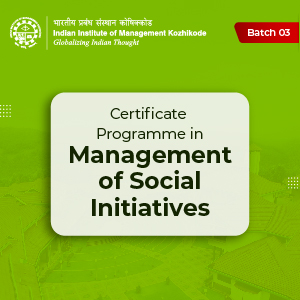
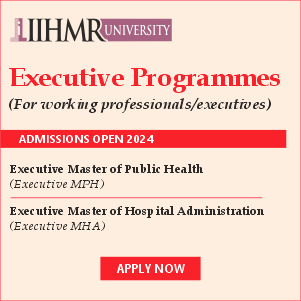
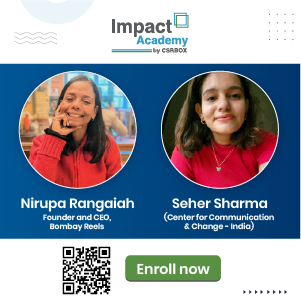








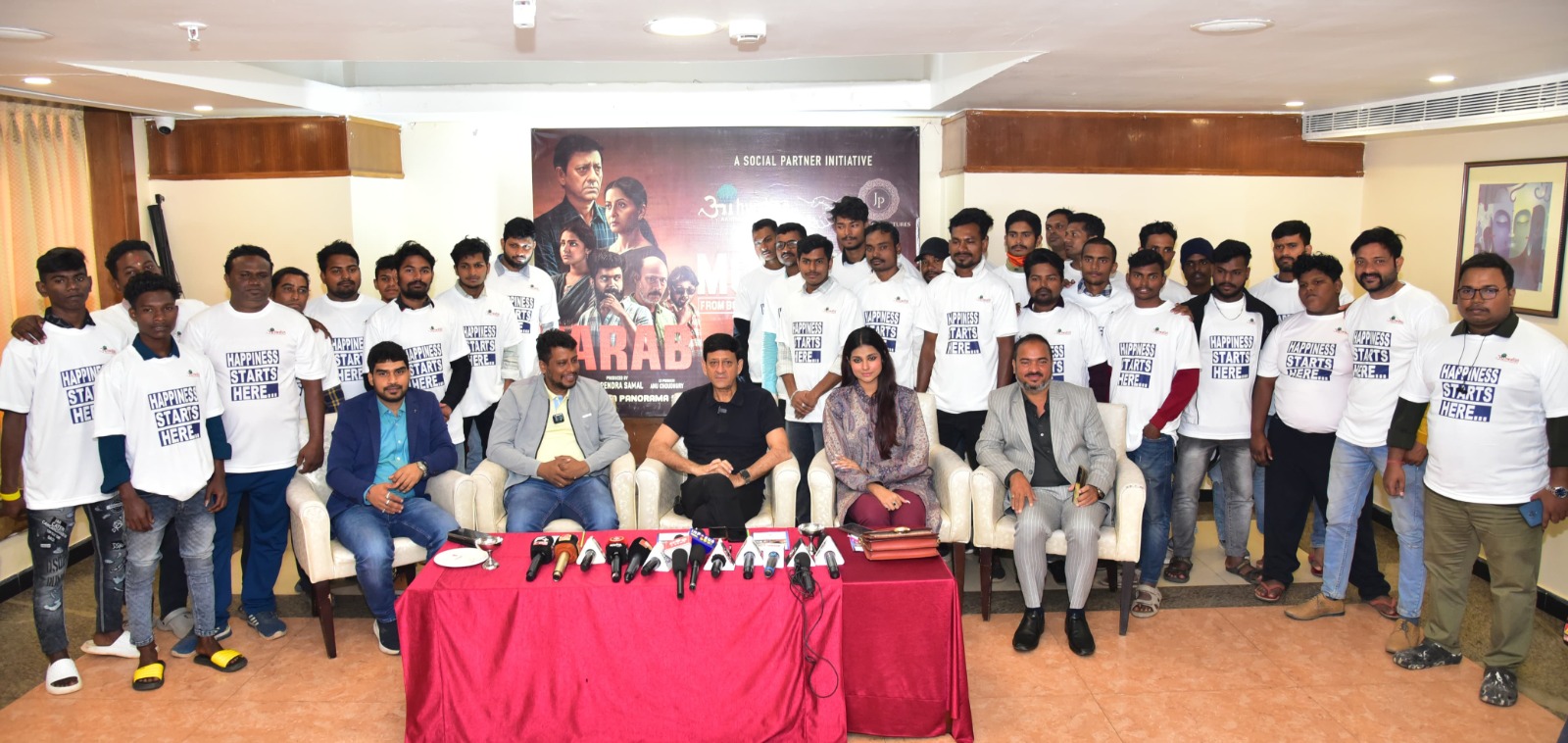
.jpg)
